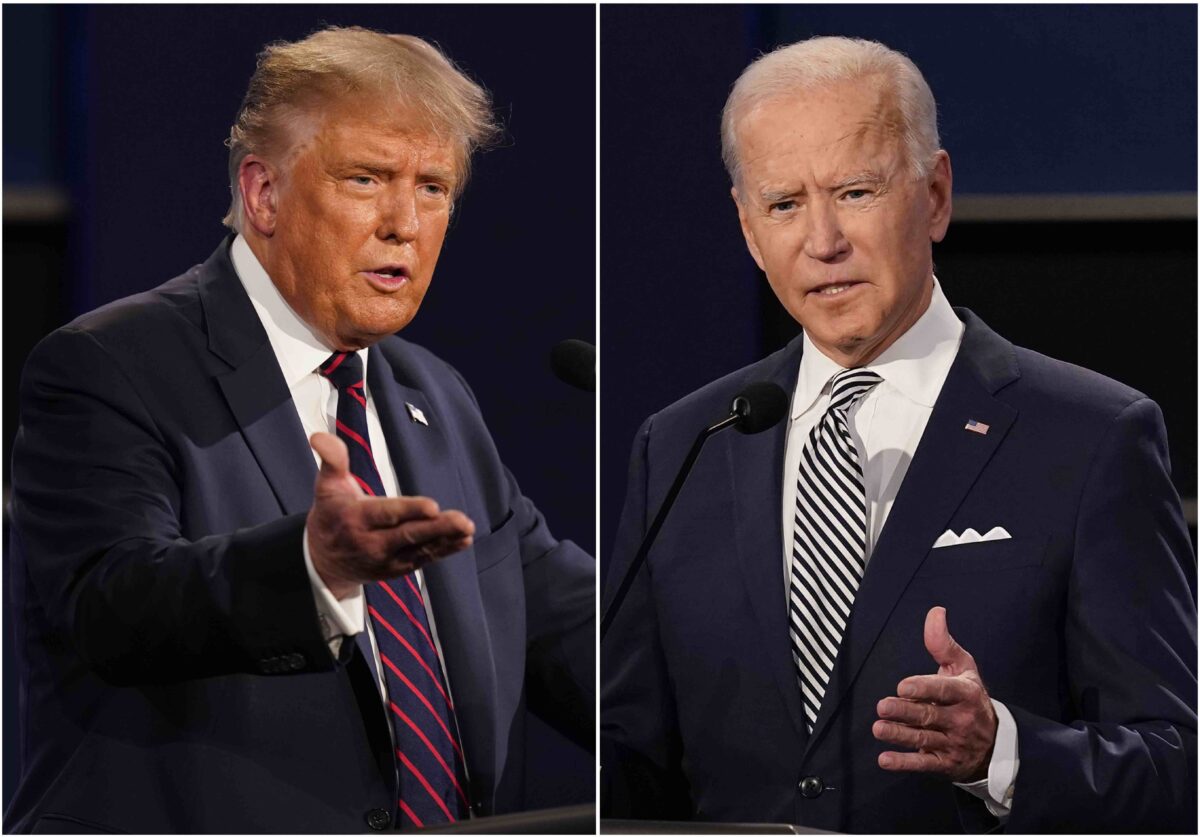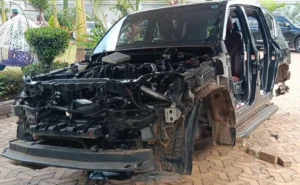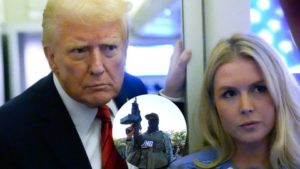In a late-night social media outburst on Sunday, Donald J. Trump dismissed a set of presidential pardons issued by President Joe Biden as “void” and “vacant” — not because of who received them, but because they were signed using an autopen, a mechanical device that replicates signatures.
The claim was not backed by law or precedent. Still, Trump insisted the pardons — many of which were granted to individuals involved in the congressional investigation into the January 6 Capitol attack — held no legal force because President Biden had not personally penned his signature.
“The ‘Pardons’ that Sleepy Joe Biden gave to the Unselect committee of Political Thugs, and many others, are hereby declared VOID, VACANT, AND OF NO FURTHER FORCE OR EFFECT, because of the fact that they were done by Autopen,” Trump wrote on his platform, Truth Social. “In other words, Joe Biden did not sign them but, more importantly, he did not know anything about them!”
There is no constitutional or legal mechanism for a sitting president to nullify a pardon issued by a predecessor — especially not on the grounds of how it was signed. And yet, Trump’s comments reflect not only his disregard for established democratic norms but a deeper, more troubling willingness to frame the law as something to be shaped by personal grievance.
A Routine Tool, Suddenly Controversial
The autopen is a staple in government and business offices, used widely for routine correspondence and ceremonial documents. It became part of presidential history in 2011 when President Barack Obama authorised its use to sign a renewal of the Patriot Act while overseas.
Legal experts at the time — and since — have affirmed the legitimacy of autopen use when the president has explicitly authorised it. Pardons, like laws, are constitutionally vested powers of the president, and the method of signature is not restricted under federal law.
“This isn’t a legal debate,” said a former Justice Department official, speaking on condition of anonymity. “It’s a political stunt.”
Targeting the Jan. 6 Committee
Mr. Trump’s fury was primarily directed at members of the bipartisan committee that investigated the Capitol riot — a group he has consistently derided. Some of them received pre-emptive pardons from President Biden amid fears of politically motivated retaliation should Trump return to office.
While these pardons were legally binding and executed under the usual protocols, they have become the latest flashpoint in Trump’s escalating rhetoric against what he routinely labels the “deep state.”
More Than a Signature
When questioned aboard Air Force One about whether he himself had used the autopen during his time in office, Trump was candid. “We may use it, as an example, to send some young person a letter,” he said, referencing children and the terminally ill who write to the White House. “But to sign pardons and all of the things he signed with an autopen, is disgraceful.”
It was a moment laced with irony. While the former president condemned a mechanical device, the broader issue — undermining the independence of the justice system — loomed larger.
For now, the pardons remain valid. But Trump’s declaration serves as another reminder of how norms, once taken for granted, can become political battlegrounds in the most unexpected ways.
















